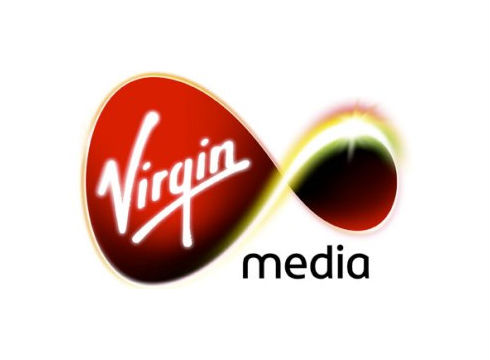Virgin Media Begins Nationwide Broadband Speed Upgrade

Virgin Media has begun its Double Speeds programme where customers will see their broadband speeds doubled
Virgin Media has announced that its first tranche of network upgrades have begun under its Double Speeds upgrade programme.
It was back in January when the ISP first revealed that would be doubling its broadband speeds for four million of its customers and increasing its top speed to 120Mbps.
Network Upgrade
This is good news for Virgin Media customers, as those users on Virgin’s 10Mbps, 20Mbps, 30Mbps and 50Mbps will see their speeds at least doubled for no extra cost. Those users on Virgin Media’s 100Mbps service will receive the new top speed of 120Mbps.
The project will cost around £110 million and is due to be completed by mid-2013.
 Now the upgrade work has officially begun, with Virgin Media saying that the first network upgrades will reach 1.5 million homes. The ISP eventually aims to roll out the network upgrade across Virgin Media’s footprint of nearly 13 million homes.
Now the upgrade work has officially begun, with Virgin Media saying that the first network upgrades will reach 1.5 million homes. The ISP eventually aims to roll out the network upgrade across Virgin Media’s footprint of nearly 13 million homes.
However, the first areas to be upgraded include Newcastle, Ashford, Ipswich, Dundee, Belfast and Cambridge, with customers in other areas to be upgraded automatically as the Double Speeds programme rolls out.
Customers can check when their area will be upgraded here.
Need For Speed
“Virgin Media has driven broadband development in the UK and we’re delighted to be boosting our customers’ broadband speeds once again,” said Jon James, executive director of broadband at Virgin Media.
“Following our Double Speeds programme, all of our customers will be ‘superfast’ as standard and ready to access a new breed of high bandwidth entertainment services,” he added. “By continuing to give our customers faster speeds and greater value services, we’re committed to providing our customers the best broadband in the UK.”
Last month, the ISP announced that the deployment of its new 100Mbps broadband service was running ahead of schedule and had already reached more than ten million homes. The Virgin Media move is the latest development in the game of “one upmanship” the ISP is playing with rival BT.
FTTP Leader
Virgin Media has an undeniable advantage over BT because its network is located in many major urban areas (i.e. cities and towns), is fibre-based and usually goes straight through to the customer’s premises (so called FTTP – Fibre to the premise).
BT meanwhile is having to make to do with a mostly copper-based network and has to cover tricky rural areas as well. BT is of course spending up to £2.5 billion to deploy fibre connections to roughly two thirds of the UK by the end of 2014.
Most BT customers also only receive a FTTC (fibre to the cabinet) service, which delivers a slower line speed than FTTP.
To be fair, BT is seeking to expand its small FTTP presence in the UK with initiatives such as extending its fibre trial to apartment blocks and flats, where FTTP can be deployed more easily.
It has also mooted a FTTP on demand service, but this would only be for those lucky people that already have fibre to the street cabinet (FTTC) in their area, and will likely involve a fee payable by the customer. And unlike Virgin Media, BT’s fibre network has to be open for use by rival ISPs and a recent Ofcom proposal should see the price that BT charges its rivals for access to its network reduced.